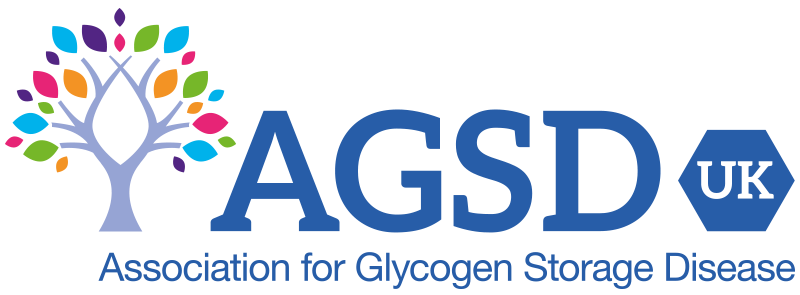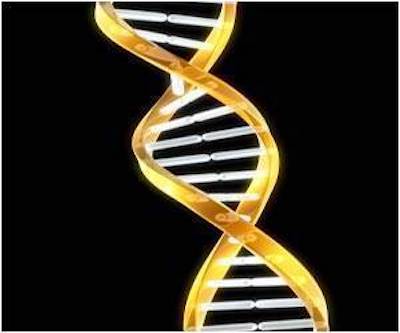There has been a lot of research into McArdle’s considering the numbers affected, and now is an exciting time for further developments. Maybe you can help.
There are several promising areas of research interest
The research agenda for McArdle’s
Ultra rare diseases such as McArdle’s cannot hope to ever have as much research carried out as diseases that are over 1,000 times more common, such as diabetes, cancer or heart disease.
However, we are lucky in that McArdle’s was the first metabolic myopathy to be described, has a greater incidence than the other muscle GSDs and attracts the attention of researchers as an interesting model of exercise physiology. So we actually have had more research carried out than might be our due by our numbers.
There is an account of much of the past research, explained in plain English, in “The McArdle Disease Handbook” by Kathryn Birch, see the Publications section.
AGSD-UK is keen to support researchers by consulting on research proposals, by helping to recruit participants, and where possible by assisting with funding.
Here we introduce the four main strands to possible research: exercise, nutrition, medication and gene therapy.
UK patients attended a workshop in Mardid with Spanish reseachers on strength training in McArdle’s.
Exercise research
It is well established that even in McArdle’s aerobic exercise without pain is beneficial and builds aerobic capacity of the muscle. However, more work could be done to understand the metabolic processes in McArdle’s. This could lead to further improvements in the advice and guidance on exercise. In addition recent work on strength training in McArdle’s has demonstrated the safety and benefit of this. In due course it will be translated into practical guidance for the typical patient.
Diet and nutrition seem to promise the most accessible method for patients to relieve some symptoms.
Nutrition research
This area has been controversial ever since McArdle’s was first described in 1951. It is an area that is richly deserving of further research. At one time a high protein diet was recommended, this was largely replaced by a higher than normal level of low GI carbohydrates. Most recently a low carbohydrate high fat approach (nutritional ketosis) has been anecdotally reported by hundreds of patients to be highly beneficial. This is now the subject of a number of trials.
Repurposing drugs proven in common diseases holds promise for rare diseases.
Medication research
It is unlikely that a drug will ever be developed purely for McArdle’s, due to the enormously high costs involved. However, there has been a study of a drug which is well established in other conditions and which has been shown to have promise in McArdle’s. Results of a pilot study in humans are awaited. There are several other established drugs which appear to also offer potential benefit in McArdle’s. Unfortunately the cost of trials is substantial, so whether these will ever be investigated is very uncertain.
Gene therapy holds the potential for a cure rather than just a treatment.
Gene therapy
It would probably be far too expensive to develop a dedicated gene therapy for around 3,000 people diagnosed with McArdle’s worldwide. However, gene therapy may arrive for us one day as a spin off from research and development in other conditions.
In May 2019 the US Food and Drug Administration gave its first approval of a gene therapy for a neuromuscular condition – Spinal Muscular Atrophy (SMA). There are likely to be more to follow in the future.




